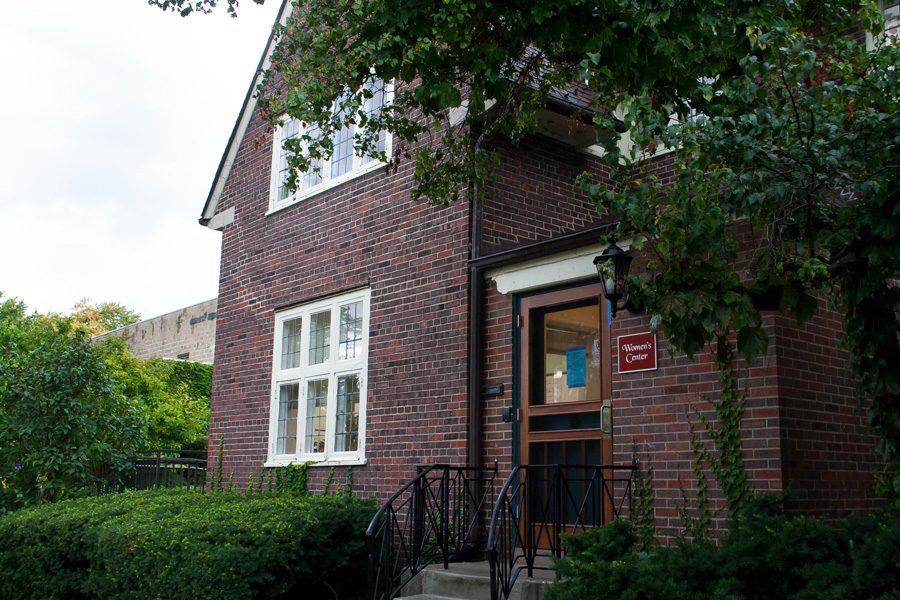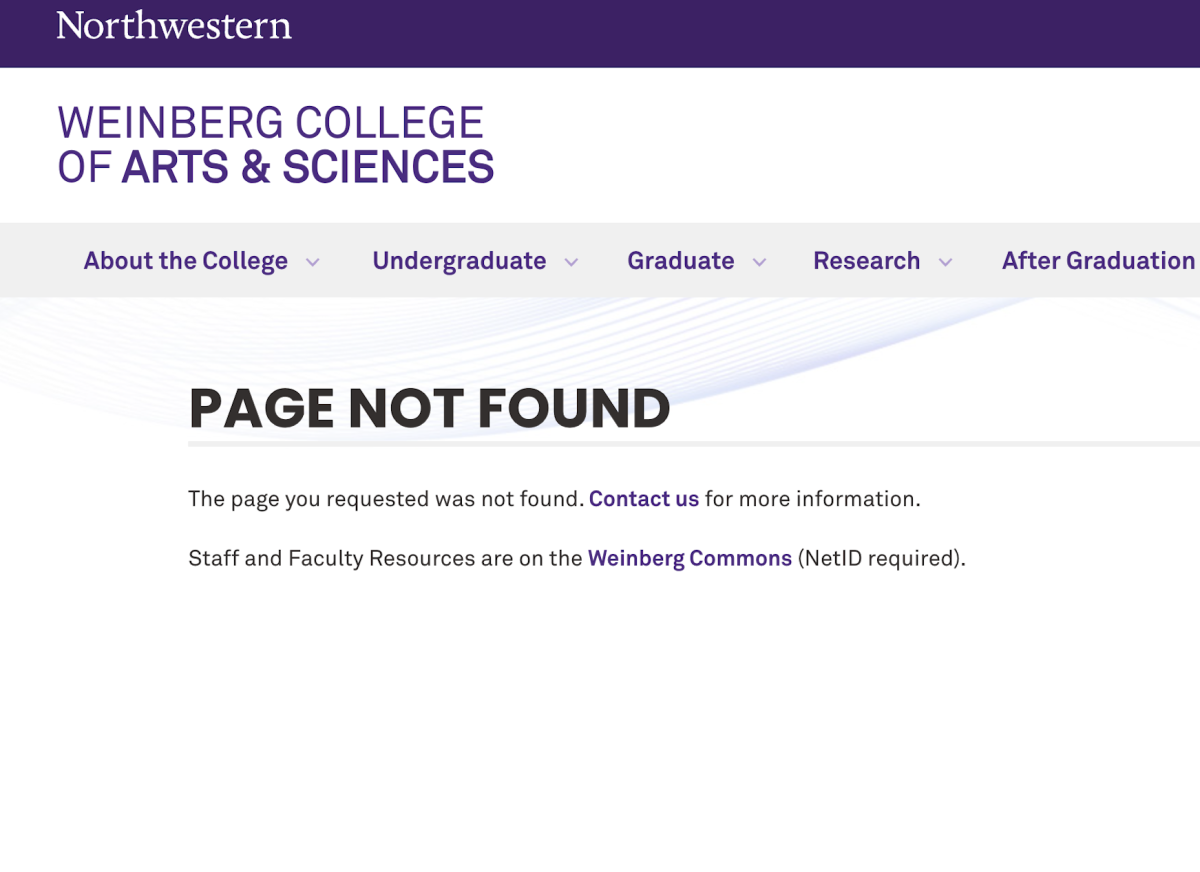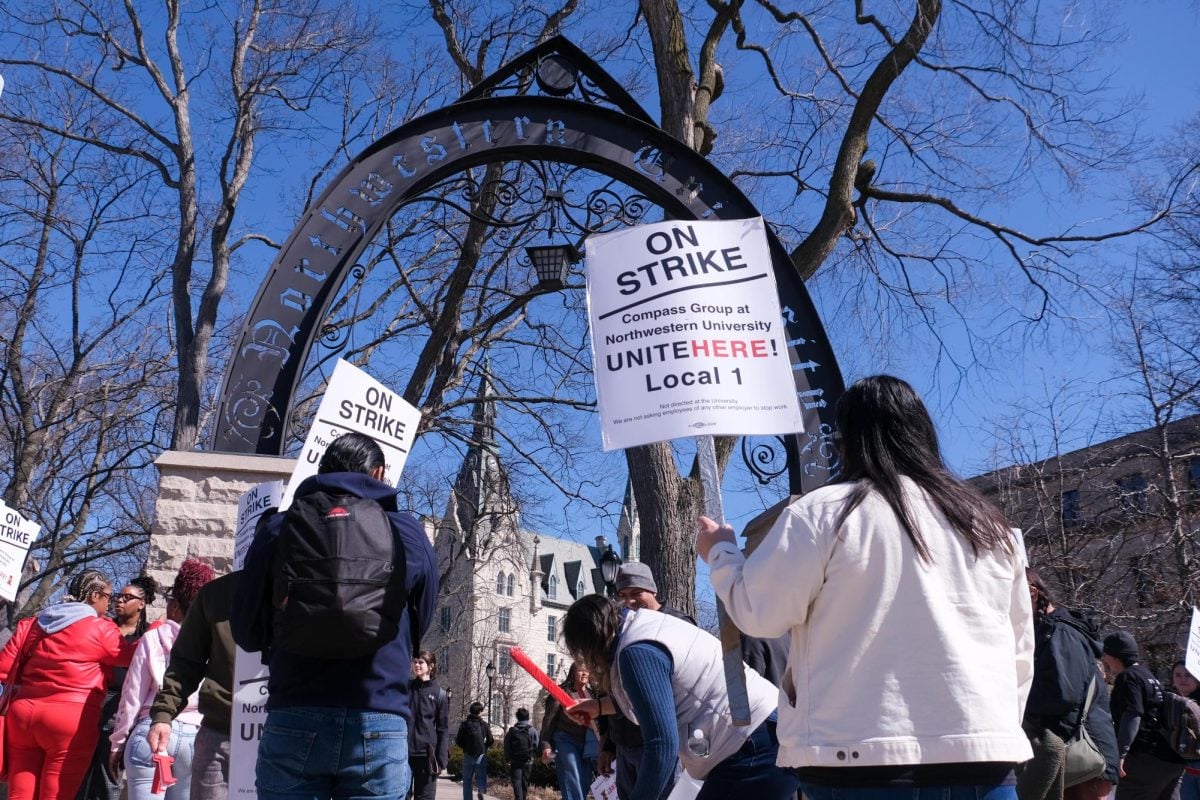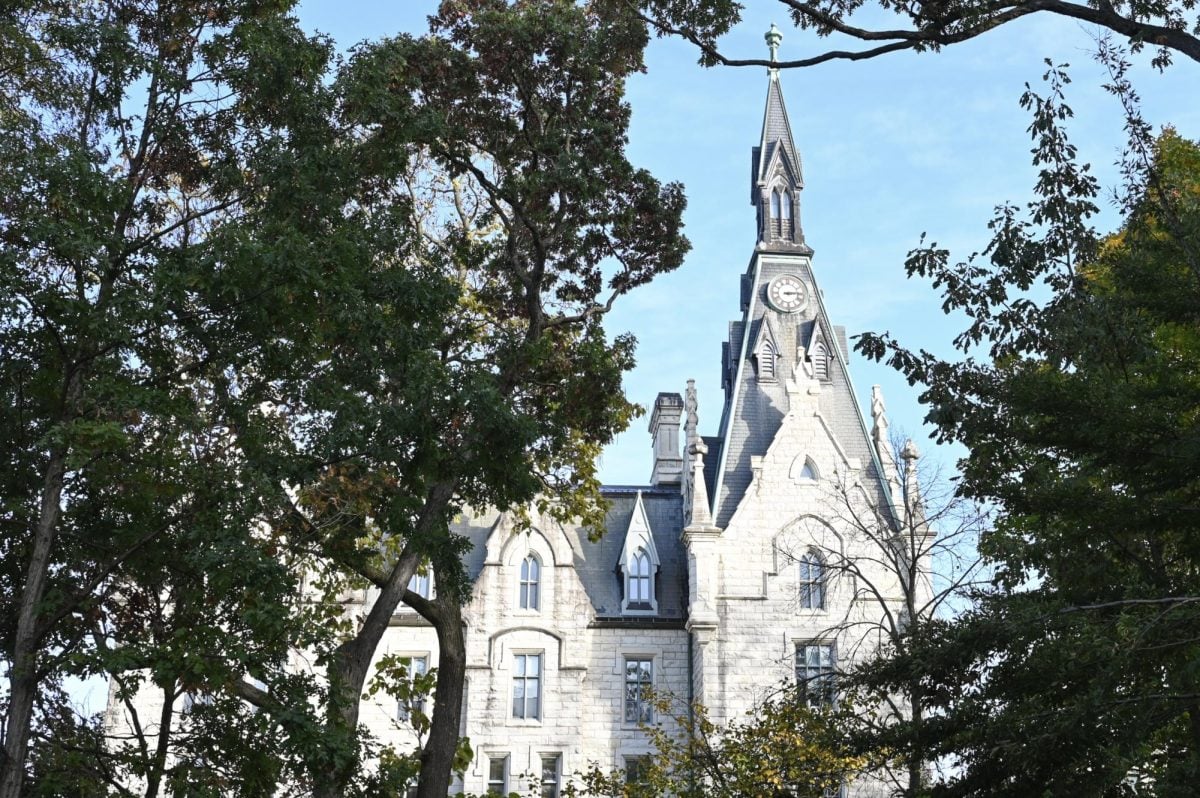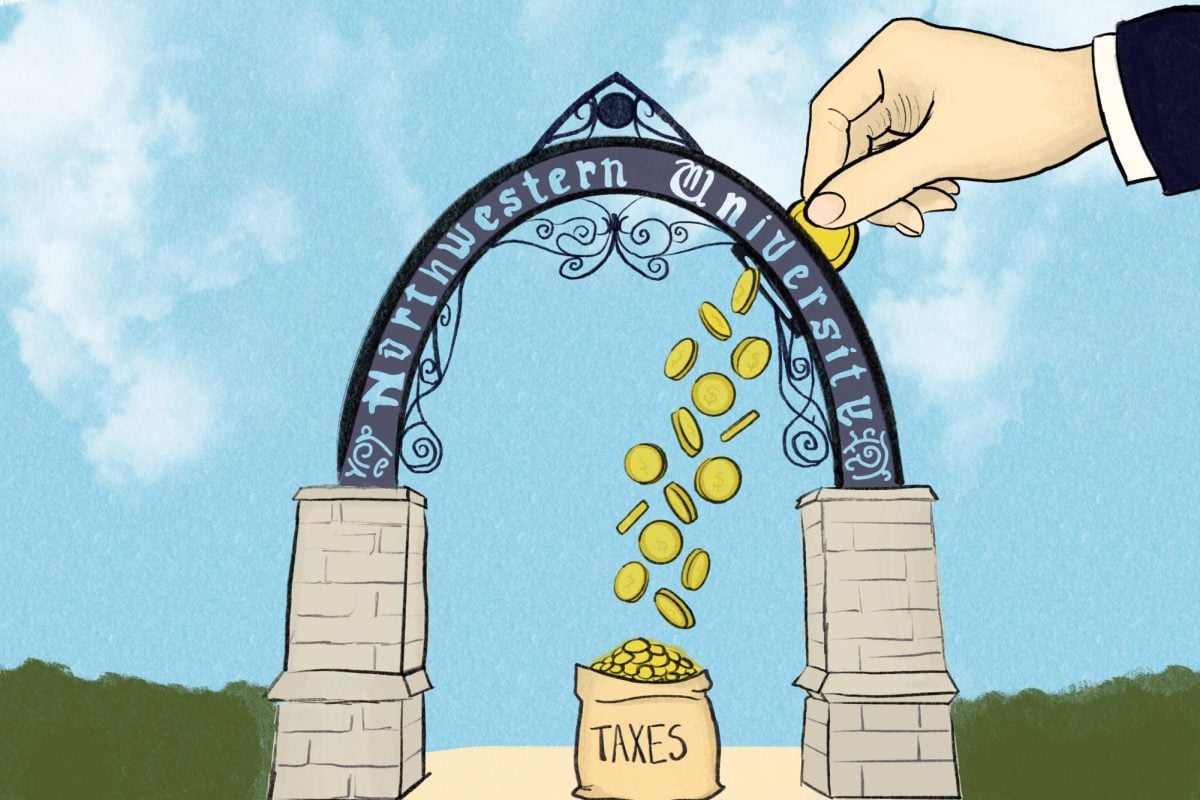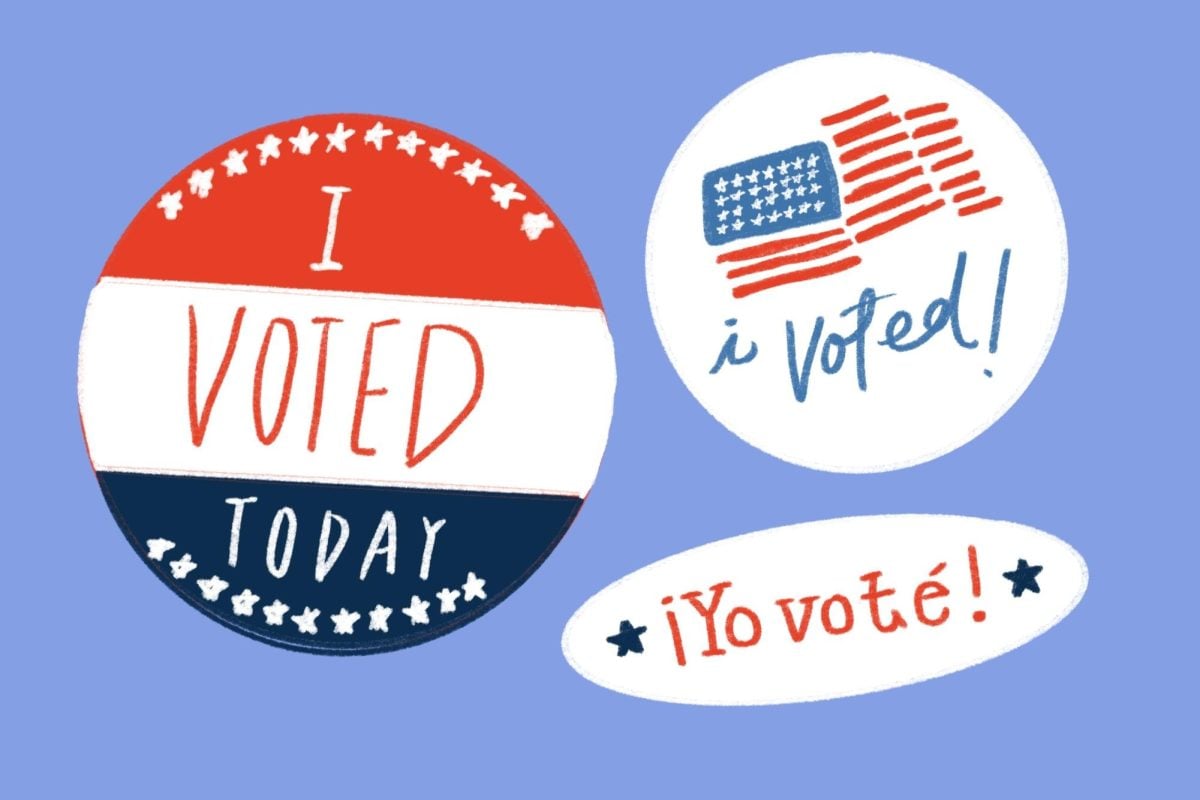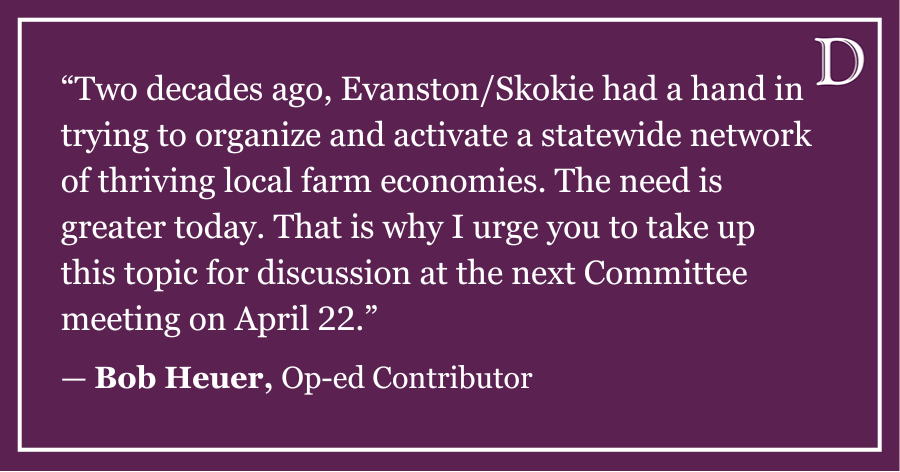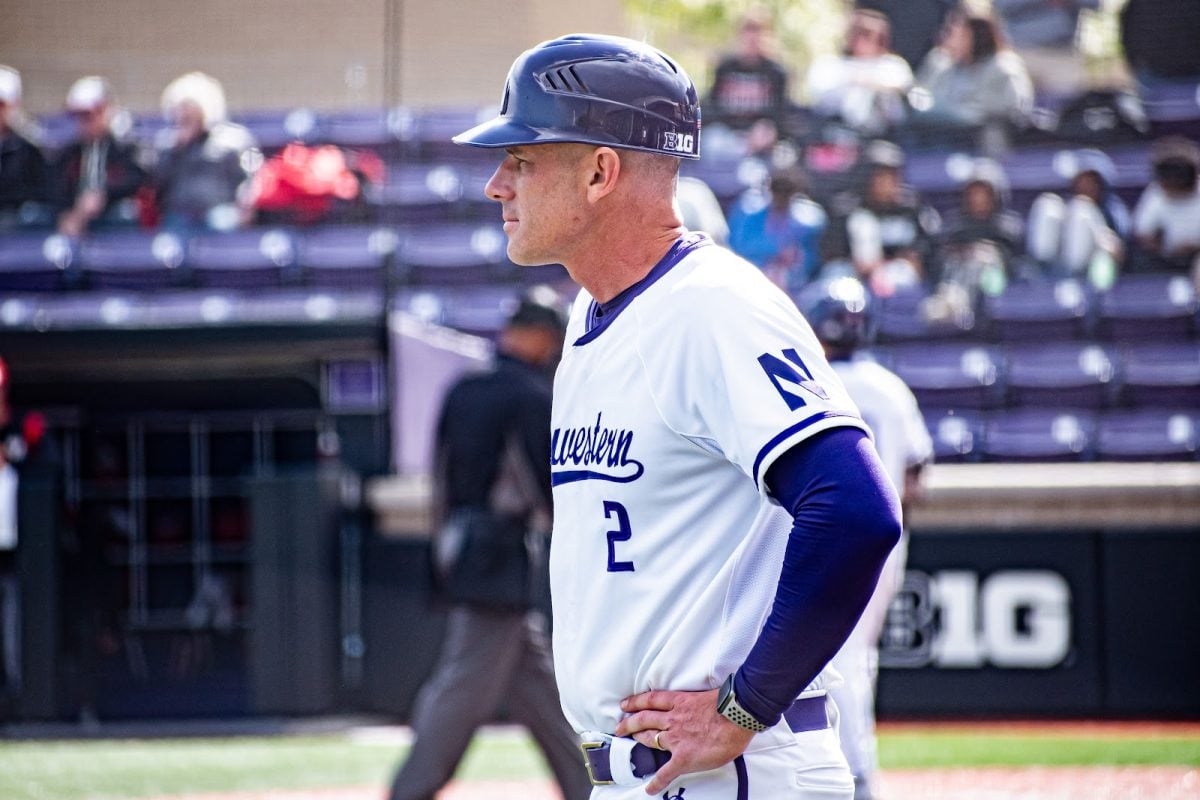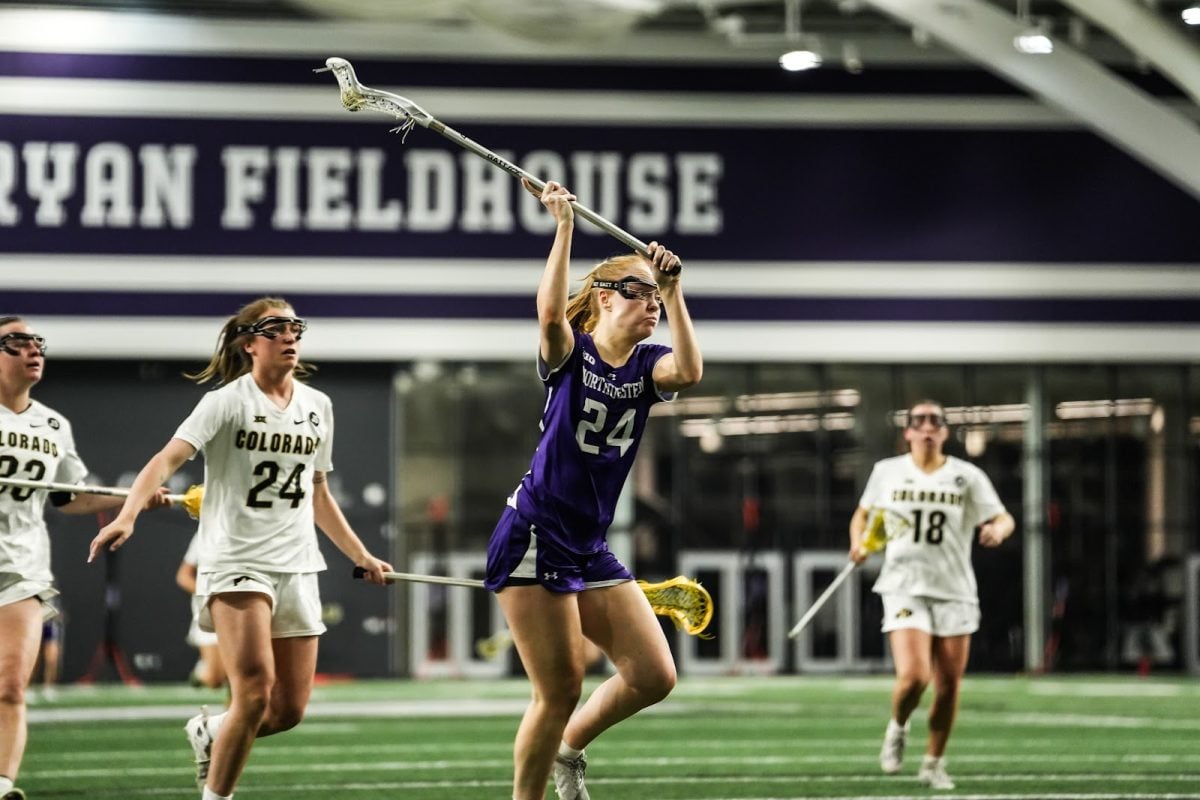Registered student organizations at Northwestern store their groups’ financial funds with the Student Organization Finance Office, also known as SOFO.
But, several students and administrators have criticized the current SOFO transaction model as being “inaccessible” and out of date due to its paper-based process, increasing workloads for student organization leaders.
To access funds greater than or equal to $50, student groups must collect signatures from multiple individuals, including the group’s president and treasurer, an advisor and — in some cases — an Associated Student Government representative.
“It should not be the case that it is an incredible burden to be the treasurer of a student organization,” said Susan Davis, vice president for Student Affairs.
NU administrators — including Davis — and members of ASG leadership are currently working to modernize the SOFO transaction model to ease burdens on student leaders. Efforts to reform SOFO could include digitizing elements of the process, Davis said.
A ‘confusing’ transaction process
According to ASG co-Presidents Molly Whalen and Donovan Cusick, current procedures for filing transactions can be overwhelming for students.
Cusick, a SESP senior who is now president of ASG’s SOFO account, said NU’s administrative and academic departments follow similar processes when transacting existing funds but are able to do so digitally, unlike student organizations. All SOFO transactions are conducted on paper and in person.
A paper-based transaction system can be difficult for SOFO’s student and professional staff, who are expected to oversee transactions from dozens of student groups, Cusick added.
According to Whalen, a McCormick senior, SOFO’s current transaction policies — as detailed in a 51-page document — are also “confusing” for student officers to navigate.
“That’s something that’s not accessible to students,” she said. “There’s such a big learning curve right now.”
Davis, whose office is currently collaborating with ASG leaders to address areas of potential reform for SOFO, said she believes the current transaction processes can have a negative impact on students’ well-being.
It can be difficult, according to Davis, for students to find the time to go to the Norris University Center to process transactions with SOFO or see their organizations’ current funding balance.
“If the runway is not terribly smooth in getting access to funds or even knowing what funding you have, that obviously is a real impediment,” Davis said.
Potential reforms on the way
This academic year, NU’s Division of Student Affairs has been collaborating with ASG leadership to create a more “vibrant, inclusive student experience” through a project called “Campus Life Without the Strife,” Davis said.
Reforms are already underway. Last month, SOFO launched a policy which allows students to complete transactions under $50 through the office with just the signatures of a student group’s president or treasurer — not requiring advisor approval.
Whalen and Cusick added that wider efforts to reform SOFO are attached to another focus under the Student Affairs collaboration with ASG: replacing Wildcat Connection as the University’s primary online student group organizer.
Wildcat Connection, which is operated by the software Campus Labs, currently stores information for about 650 student groups, including contact information for student officers, organizational mission statements and information about events. Students also used the platform to vote in the ASG Presidential Election earlier this month.
Cusick and Whalen said a new platform would ideally be connected to SOFO, allowing student group officers to access their organizations’ funds and file receipts online. Additionally, the platform would “streamline” communication between student groups and have “app-based features” — unlike Wildcat Connection — that could allow individuals to access their funding balance on their phones, according to Cusick and Whalen.
Cusick said he doesn’t anticipate digitizing SOFO would impact how ASG currently allocates funding to student groups.
ASG’s Student Activities Finance Committee allocates about $1.8 million in funding to registered NU student groups each year, according to the organization’s website.
“The biggest impact wouldn’t even come from how SAFC allocates its funds,” Cusick said. “Rather, it would come in the form of how other groups would be able to access, manage and spend those funds.”
Cusick and Whalen both said they hope to continue working with the Student Affairs office on the “Campus Life without the Strife” project through the end of their term as ASG’s co-presidents, which concludes in the sixth week of Spring Quarter. They said they plan to make sure the new co-presidents-elect, SESP sophomore Caleb Snead and Weinberg sophomore Ty’Shea Woods, are fully “up to speed” on the project.
Snead, who spoke to The Daily prior to being elected, said he has already been involved in conversations with Student Affairs to reform SOFO, serving as an advisor alongside the co-presidents in his role as ASG’s Finance Committee chair. As ASG co-president, Snead said they would continue their work on the project.
“The power that you really have as president is to leverage your relationships with the administration,” Snead said. “My focus as president would be to continue the work that we’re all doing.”
Email: pavanacharya2025@u.northwestern.edu
Related Stories:
— Caleb Snead and Ty’Shea Woods win ASG presidential election with heightened turnout
— In Focus: Student groups, open-access documents reveal inconsistencies with ASG finance regulations






